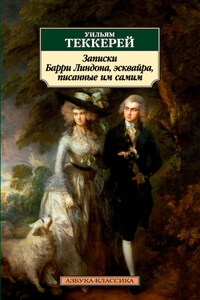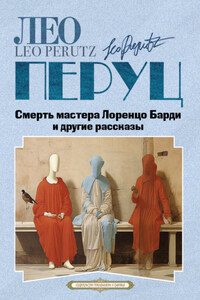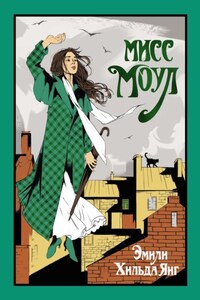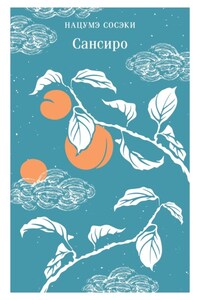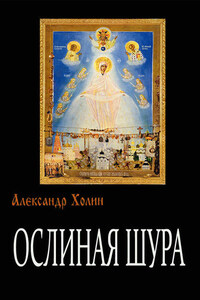Chapter One.
The Two Pontiffs
The glorious sun rose in undimmed splendour on a morning in the early part of the fourth century over everlasting Rome, his rays glancing on countless temples, statues, columns, and towers, on long lines of aqueducts and other public edifices, and on the proud mansions of the patricians which covered the slopes and crowned the summits of her seven hills. The populace were already astir, bent on keeping holiday, for a grand festival was about to be held in honour of Jupiter Optimus Maximus and his two associate divinities Juno and Minerva. The flamens, with their assistants, and the vestal virgins, aided by many fair patrician matrons and maidens eager to show their piety and to gain the favour of the gods, had been labouring all night in decorating the temples; and already the porticoes and the interior columns appeared adorned with wreaths and festoons of green leaves and gay flowers; while wax tapers in silver candlesticks, on countless shrines, had been prepared for lighting at the appointed moment. At the entrance of each temple, either fixed in the wall or standing on a tripod, was an acquiminarium, – a basin of silver or gold, freshly filled to the brim with holy-water, with which salt had been united; a minor flamen in white robes, with brush in hand, standing ready to sprinkle any who might desire the purging process. Others of their fraternity were busy hanging up in the temples of Aesculapius votive offerings – in the shape of arms, legs, and other parts of the human body, representing the limbs of his worshippers, which by his powerful instrumentality had been restored to health. Bands of musicians with a variety of instruments, and dancers in scanty dresses, were moving about singing and playing, and exhibiting their terpsichorean performances before the temples and minor shrines erected at the corners of the principal highways. The fronts of the shrines were, like the temples, adorned with wreaths of flowers; while tapers, in horn lanterns, burned before them. Swarms also of mendicant priests, habited in coarse robes, with shaven crowns, and huge sacks at their backs, were parading the streets going from house to house begging for doles, and holding up small images of the gods to be adored by the ignorant populace; never failing to bestow their heaviest maledictions on those who refused them alms, cursing them as Christian atheists.
It was yet early when two persons, quitting the Curia Hostilia at the foot of the Coelian Hill, took their way past the magnificent Flavian Amphitheatre towards the Sacra Via. Their costume was alike, and consisted of a fine toga, with a deep purple border, and on the head an apex – a conical cap surmounted by a spike of olive-wood – which showed them to belong to the Holy College of the Pontiffs. The dress of the elder of the two had, in addition, stripes of purple, marking his superior rank. To prevent their togas from being soiled by the dust on the road, they had drawn them up under their right shoulders, so as to allow the skirts to hang gracefully over their left arms, exhibiting the richly-embroidered thongs which secured their sandals. They passed onward with a dignified and haughty air. Both were fine-looking men. The elder possessed a handsome countenance; his firm-set mouth, high brow, and keen piercing eyes, showed determination and acuteness of intellect, though at the same time the expression was rather repulsive than pleasing. His companion’s features were less handsome, and it might have been seen at a glance that he was fond of the good things of life.
They had nearly reached the colossal statue of Nero – now wearing the head of Apollo, placed on it by Vespasian instead of that of the tyrant – which towered almost as high as the lofty walls of the amphitheatre. After having hitherto kept silence, absorbed in his own thoughts, the elder pontiff addressed the younger.
“We shall triumph still, Gaius, though, by the Immortals, these Christians have made fearful progress of late. They swarm in this city, and even, as I hear, throughout every part of the world; for since the time when the Emperor Diocletian wisely resolved to put them down, by destroying the places where they met to worship, preventing their secret assemblies, and burning their books, they have once more risen in an audacious manner and walk about with all the airs of freedmen. I hope ere long to see the arena of the amphitheatre again filled with the atheists, struggling unarmed against the wild beasts let in on them, to tear them limb from limb. I well remember many such a scene. The populace delight in it even more than in the games of Carinus, the magnificent displays of the Naumachia, or even than in the combats of a thousand gladiators. The exhibition we have prepared for to-day will do much, I suspect, to win back the fickle multitude to the worship of the gods. The ignorant naturally delight in gorgeous shows and spectacles of all sorts, incapable as they are of comprehending the refinements of philosophy; and when they benefit by the flesh of the victims distributed among them, they will, depend on it, be strong advocates for the continuance of sacrifices to the gods.”









